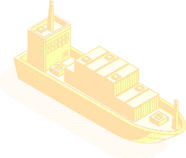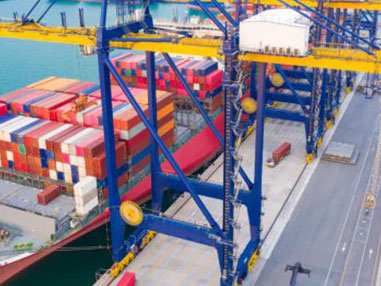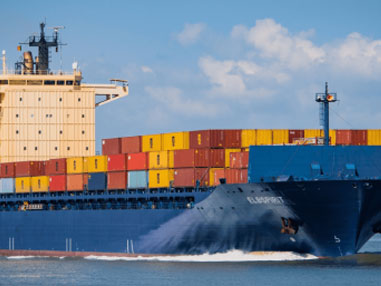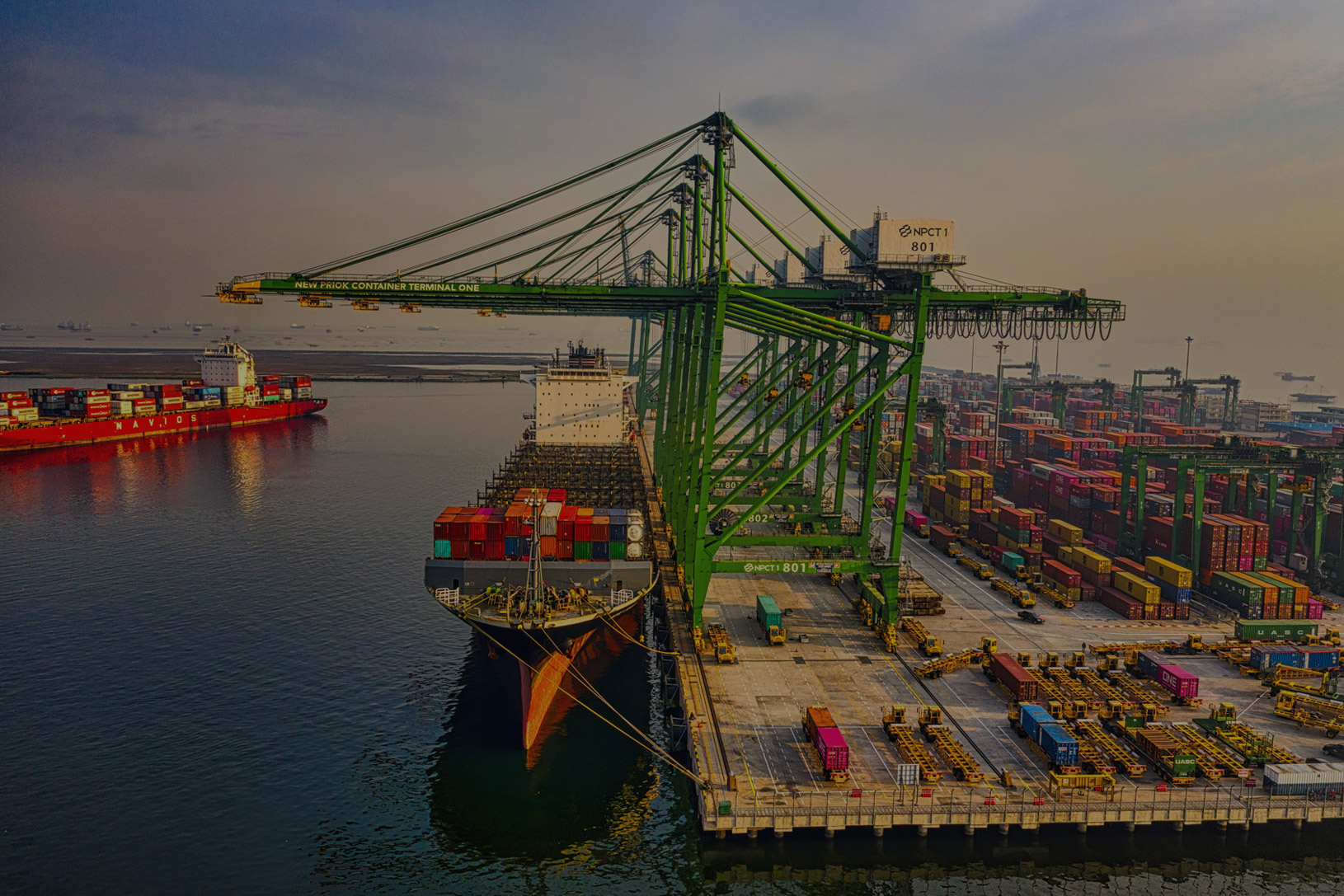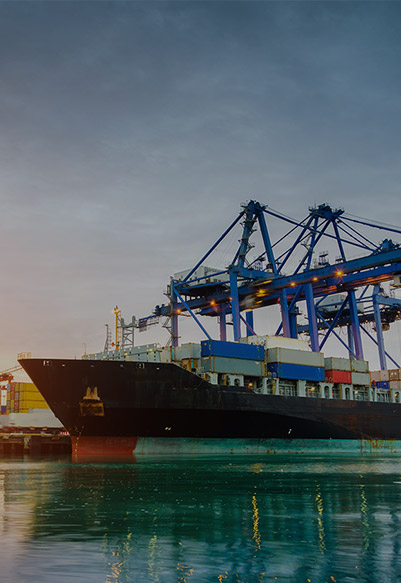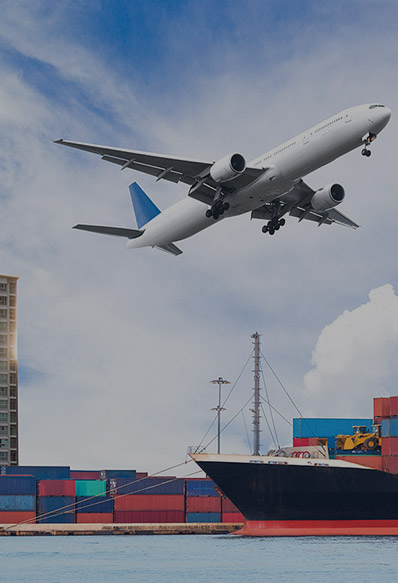Cargo operations refer to the processes involved in the handling, loading, unloading, and stowage of cargo on ships, aircraft, trains, trucks, or other transportation modes. These operations ensure the safe and efficient movement of goods from one point to another. Cargo operations typically include activities such as:
- Booking and Reservation: Cargo needs to be booked with FPT transportation in advance. This involves specifying details such as the type of cargo, quantity, weight, dimensions, origin, destination, and preferred delivery schedule.
-
- ACCEPTANCE Confirmation: Upon BOOKING, recipients may sign for the packages or provide confirmation through electronic means. This confirmation serves as proof of delivery and helps ensure accountability in the delivery process.
- Payment: Arrange for payment of transportation fees, customs duties, taxes, and any other applicable charges associated with shipping your cargo.
- Insurance: Consider obtaining cargo insurance to protect your goods against loss, damage, or theft during transit. While not always mandatory, cargo insurance provides added peace of mind and financial protection in case of unforeseen events.
- Customs Compliance: Ensure that your cargo complies with all relevant customs regulations and requirements, both at the origin and destination countries. Provide accurate and complete customs documentation to facilitate smooth customs clearance processes.
- Receiving Cargo: - Accepting goods from shippers or suppliers.
-
- Package Pickup: Customers either drop off their packages at designated locations or request pickup services from FPT company. Couriers may collect packages from homes, businesses, or specific drop-off points.
- Receiving and Acceptance: At the point of origin, the cargo is received by the transportation provider or its agent. The cargo is inspected to ensure it complies with safety regulations and is suitable for transportation. Any discrepancies or damages are documented at this stage.
- Packaging and Labelling: Cargo must be properly packaged and labelled according to industry standards and regulatory requirements. This includes using appropriate packaging materials to protect the goods during transit and affixing labels with important information such as destination, handling instructions, and hazardous material warnings if applicable.
-
- Package Sorting: Upon receiving the packages, the FPT company sorts them based on destination, size, weight, and delivery urgency. This sorting process helps optimize routes and streamline the delivery process.
- Documentation: - Completing paperwork related to the cargo, including invoices, bills of lading, and customs declarations.
- Inspection: Checking the cargo for quantity, quality, and compliance with regulations.
- Storage and Warehousing: Storing the cargo in warehouses or storage facilities before transportation.
- Loading: Placing the cargo onto the transportation vehicle or vessel.
- Securing: Ensuring that the cargo is properly secured to prevent damage or shifting during transit.
- Transportation: Moving the cargo to its destination via the chosen mode of transportation.
- Unloading: Removing the cargo from the transportation vehicle or vessel upon arrival. Unloading and Delivery Upon arrival at the destination, the cargo is unloaded from the transportation vehicle or vessel and transferred to the designated delivery location. Delivery may be carried out by the transportation provider or a third-party logistics provider, depending on the terms of the agreement.
-
- DELIVERY Confirmation: Upon DELIVERY, recipients may sign for the packages or provide confirmation through electronic means. This confirmation serves as proof of delivery and helps ensure accountability in the delivery process.
- Receipt and Acknowledgment: The recipient acknowledges receipt of the cargo by signing delivery documents or providing electronic confirmation. This serves as proof of delivery and helps resolve any disputes regarding the shipment.
- Sorting and Distribution: Organizing the cargo for further transportation or delivery to its final destination.
-
- Processing at Hubs: At sorting facilities or hubs, packages undergo further sorting and processing. They are scanned, labelled with tracking information, and grouped for efficient routing to their respective destinations.
- Inventory Management: Keeping track of inventory levels and ensuring accurate record-keeping throughout the process. Inventory and Record-Keeping Throughout the cargo operation process, accurate inventory management and record-keeping are maintained to track the movement of goods, monitor inventory levels, and facilitate reconciliation of shipments.
- Customer Service and Support: Throughout the entire process, FPT Courier companies provide customer support services, including tracking assistance, delivery inquiries, and resolution of any issues or concerns.


